Show Boat (1951)
“I can’t fight this Lady Luck of yours, this fancy queen in her green felt dress.”
|
Synopsis: |
|
Genres, Themes, Actors, and Directors:
Review: … and we get to hear beautiful renditions of some of the show’s most famous songs, including “Ol’ Man River” (sung by William Warfield): … “Can’t Help Loving’ Dat Man”: … “Make Believe”: … and “My Bill”: … but the storyline has been completely whitewashed (see the Adaptation section of Wikipedia’s entry for a detailed comparison with James Whale’s 1936 version). The remaining narrative is not all that compelling; when Grayson falls for a career-gambler (Keel): … what kind of life does she expect to lead other than one that inevitably becomes volatile? Meanwhile, Gardner’s Julie (as show fans know) simply turns increasingly alcoholic and despondent, which is no fun at all. Fans of the musical will of course want to check this version out, but it’s not must-see viewing for all film fanatics. Notable Performances, Qualities, and Moments: Must See? Links: |
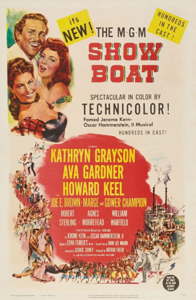
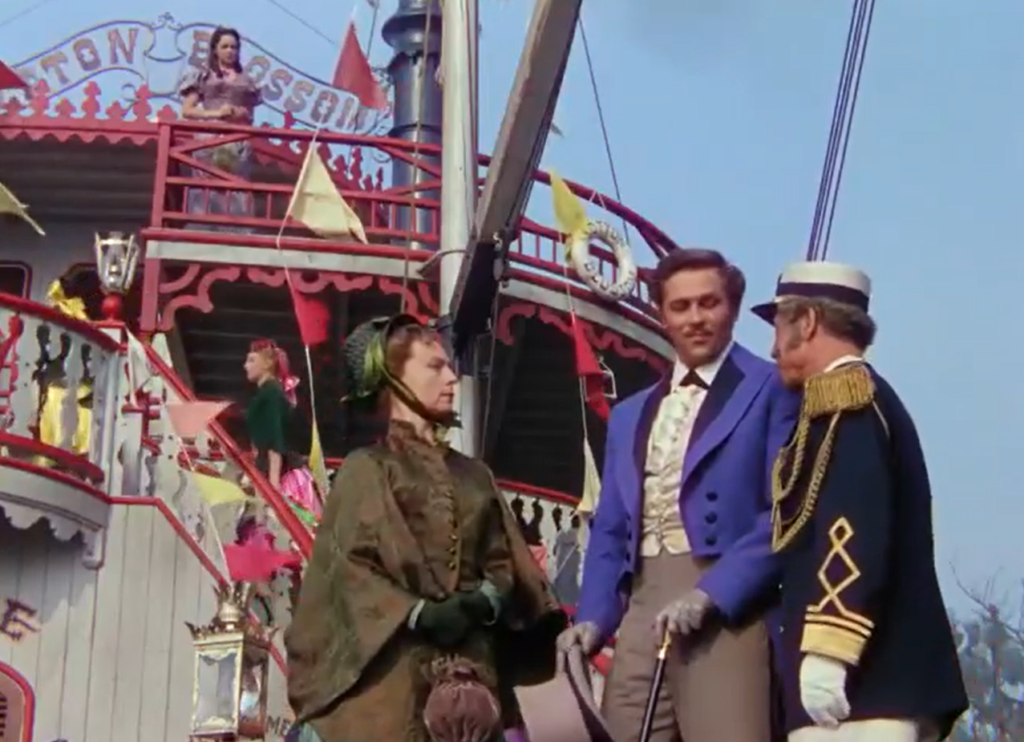
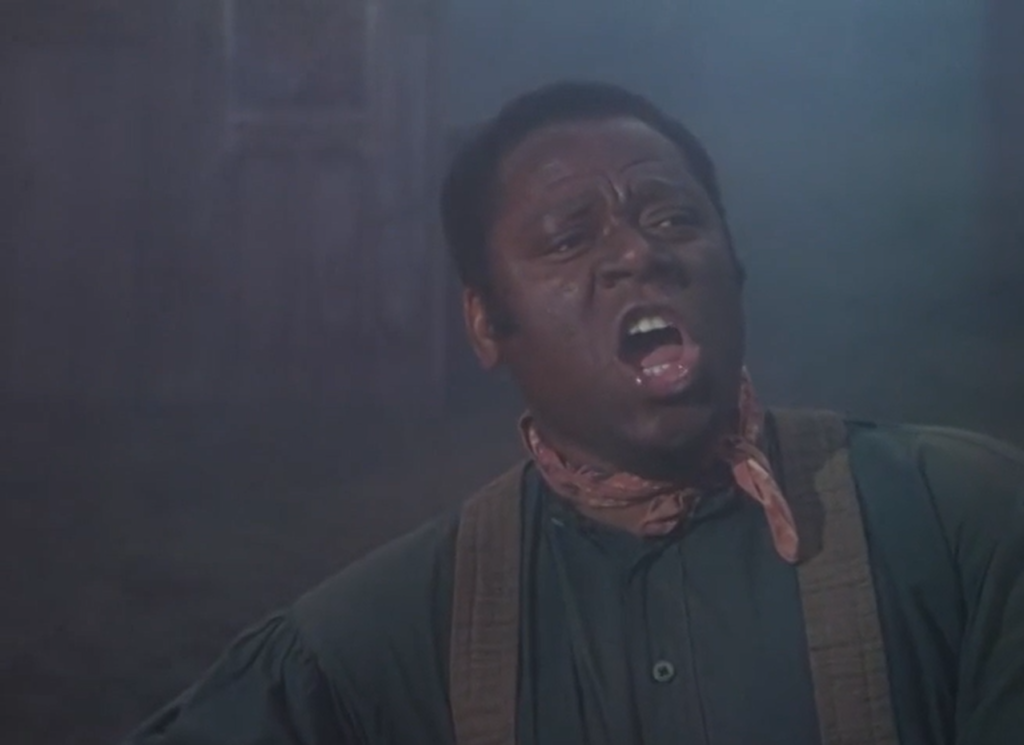
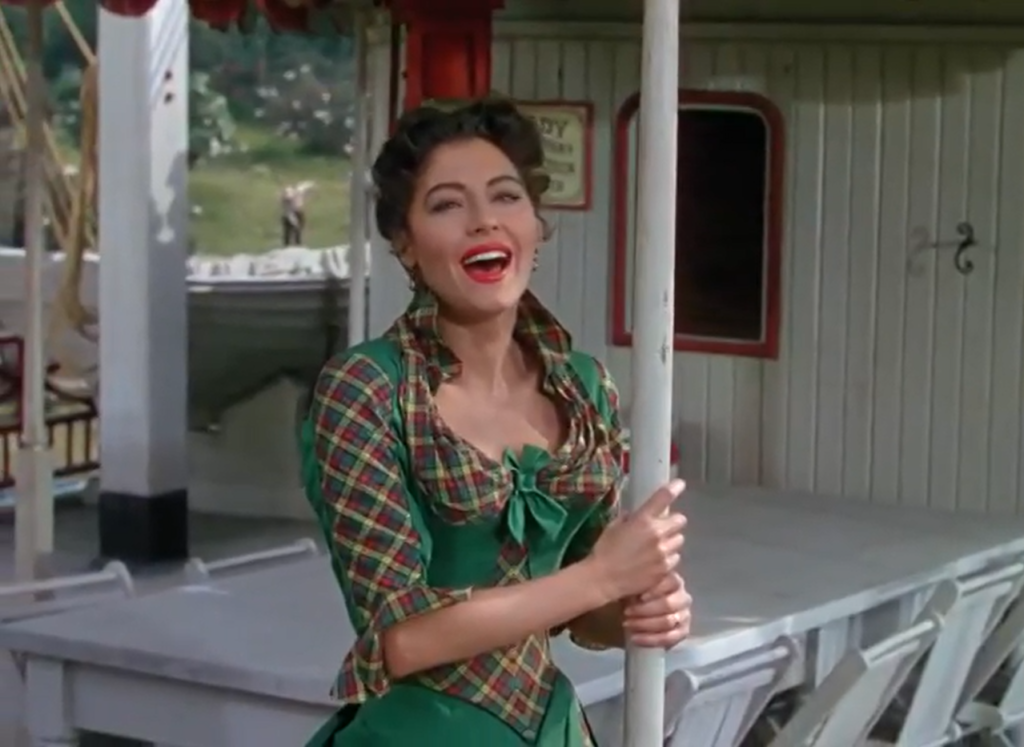
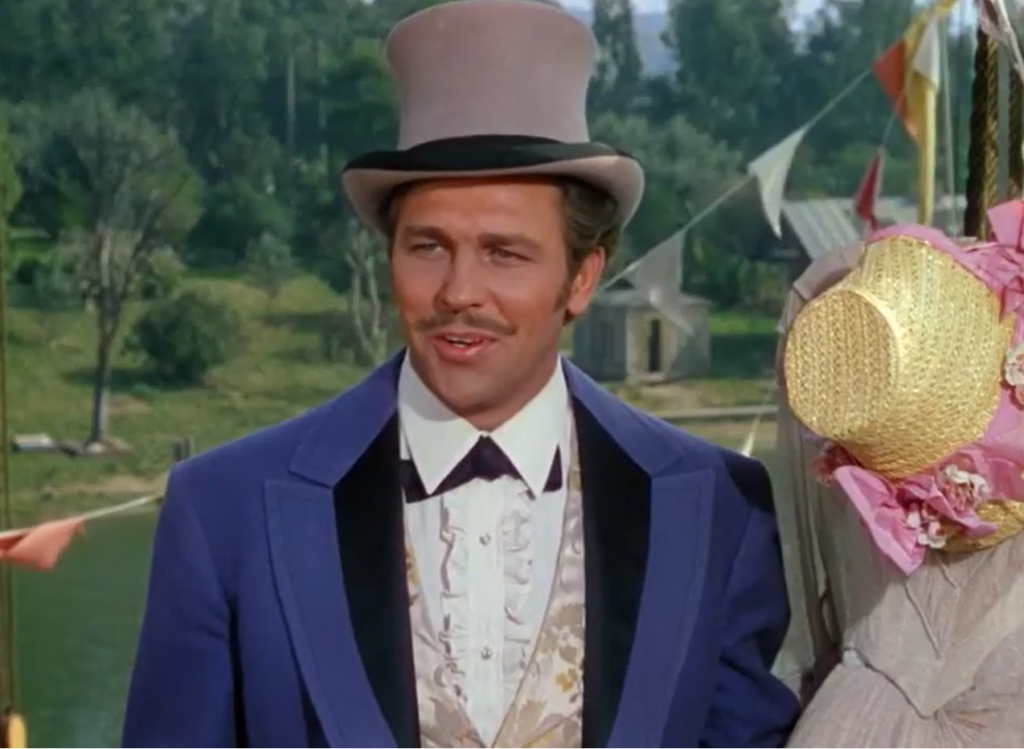
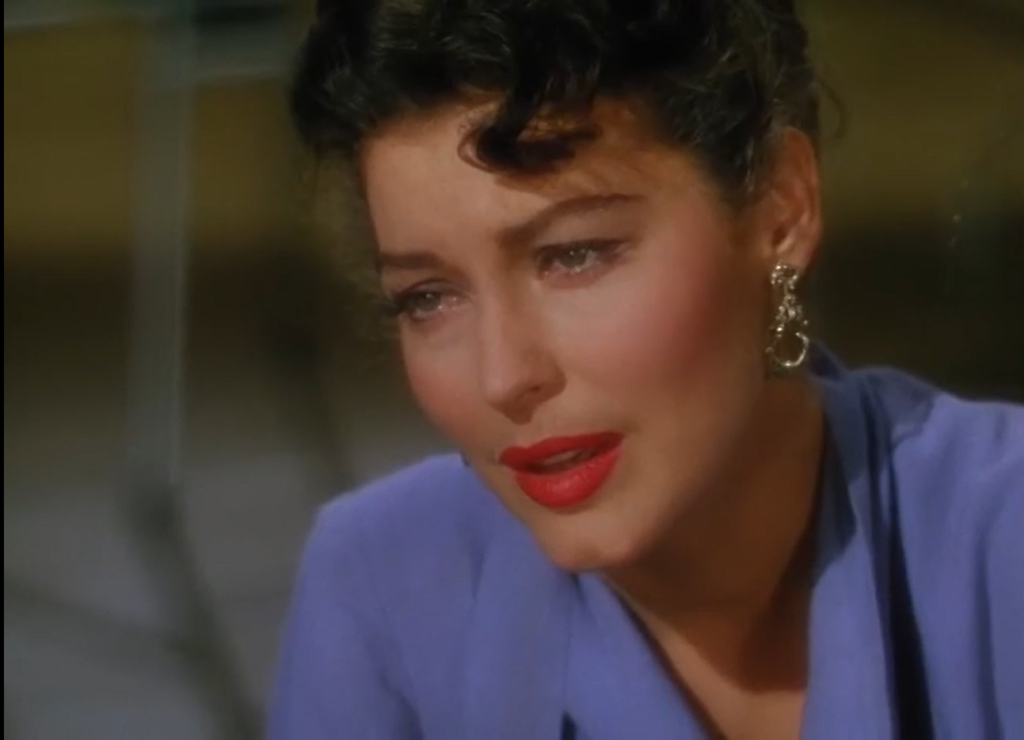
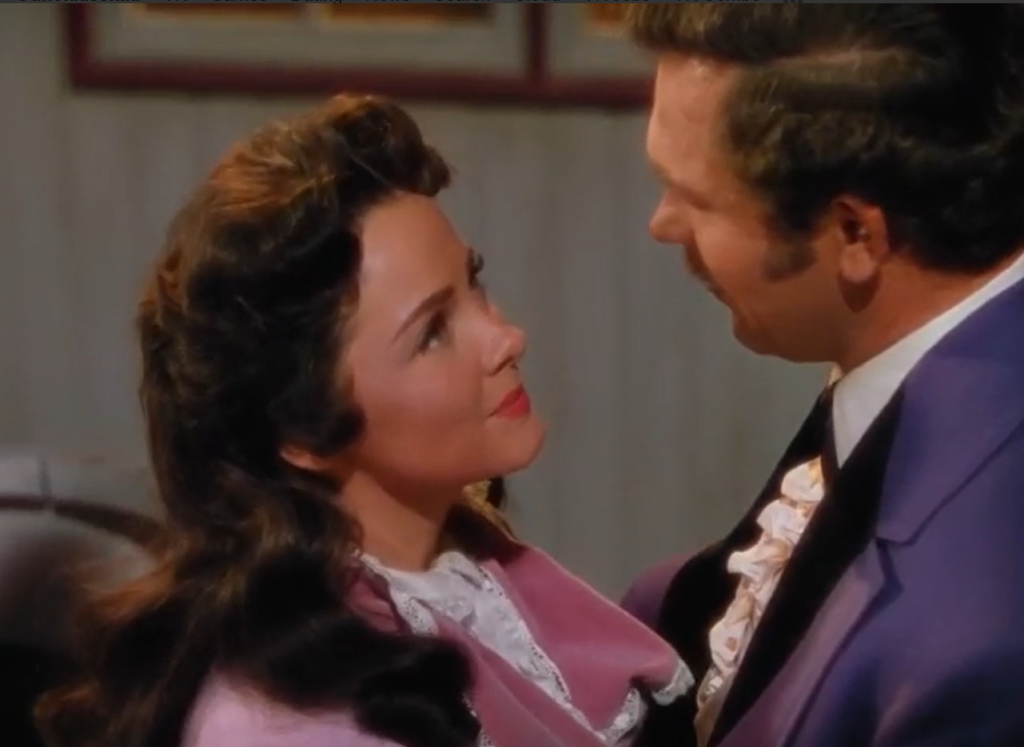
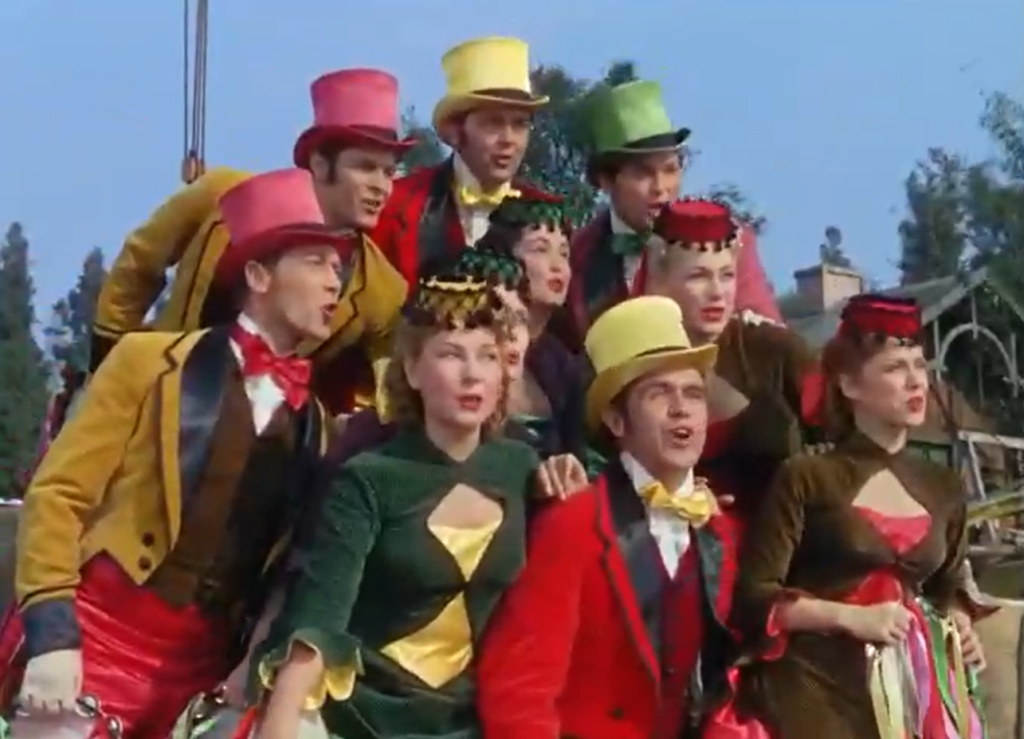
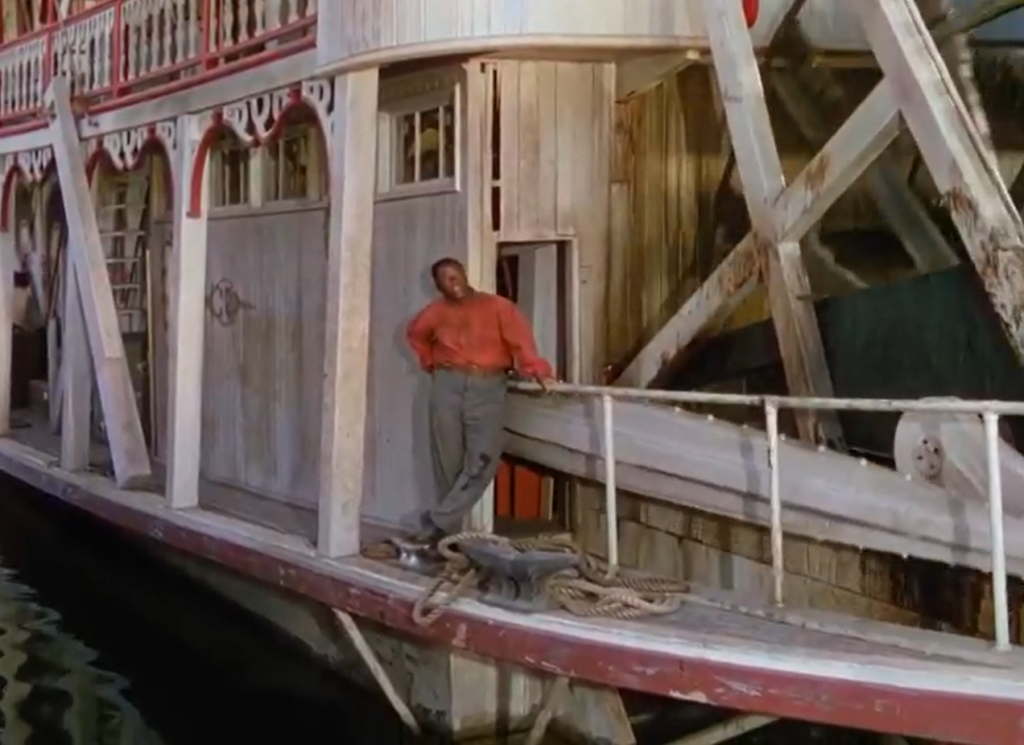
One thought on “Show Boat (1951)”
Agreed, not must-see. As per my 6/24/21 post in ‘The ’40s-’50s in Film’ (fb):
“I love him because he’s… I don’t know – because he’s just my Bill.”
‘Show Boat’ (1951, dir. George Sidney)
‘Show Boat’ (1936, dir. James Whale)
Watching these two film versions back-to-back is a kind of startling experience; for many reasons, really – too many to cover in one simple post about them. But, essentially, it’s the difference of watching two almost-completely-different films. I’m not kidding; it’s ‘night and day’ stuff.
I’ve seen a stage production once – the acclaimed Broadway revival in the mid-’90s – but I have little memory of it other than an overall enjoyment of it.
As for the films… there are plus- and minus-factors in each case but I probably prefer the James Whale version (which is only about 6 minutes longer than the remake). Why? It’s more fun. There’s more of the kind of variety found in the best musicals: a mixture of breezy uplift with pathos.
For the remake, almost all of anything-comic was removed (largely as a result of the script being almost completely rewritten). But even though the later version is – for a change – in splendid color, it doesn’t feel nearly as lively. Not that it’s dull – it’s just… earnest, in a way that the earlier film is not. (Even now, Whale’s often-freewheeling direction feels fresher.)
A jarring departure is in the way the black characters (in the remake) have inexplicably been reined-in to almost nothing. Hattie McDaniel’s Queenie is basically reduced to *one line* of dialogue. In the Paul Robeson role, William Warfield is trotted out for ‘Ol’ Man River’ – and that’s it! I wouldn’t say this switch is a reflection of a conscious effort to maximize sales for white ticket-buyers… but it could have been (so I might still *want* to say that).
In either version, I’m not a huge fan of love-interest characters declaring their passion for each other at high decibels (which is also why I’m not a huge opera fan) but both films offer a pleasing variety of songs. There will be those who prefer things like ‘Can’t Help Lovin’ Dat Man’ or ‘You Are Love’, but I have two personal faves: ‘Life Upon the Wicked Stage’ (not used in the 1936 film) and ‘Bill’. (‘Bill’ has lyrics by P.G. Wodehouse – who had been a frequent collaborator of Jerome Kern. The non-Hammerstein song was already about 10 years old when it was chosen for inclusion in the score.)
James Whale’s film has a longer time-frame and follows the main characters into their twilight years. I haven’t read the original Edna Ferber novel but, on-screen, the effect of time passing becomes similar to that of George Stevens’ film of ‘Giant’ – so the sentimental element is further increased. I’m not sure why sentiment increases with the aging process, but it does.